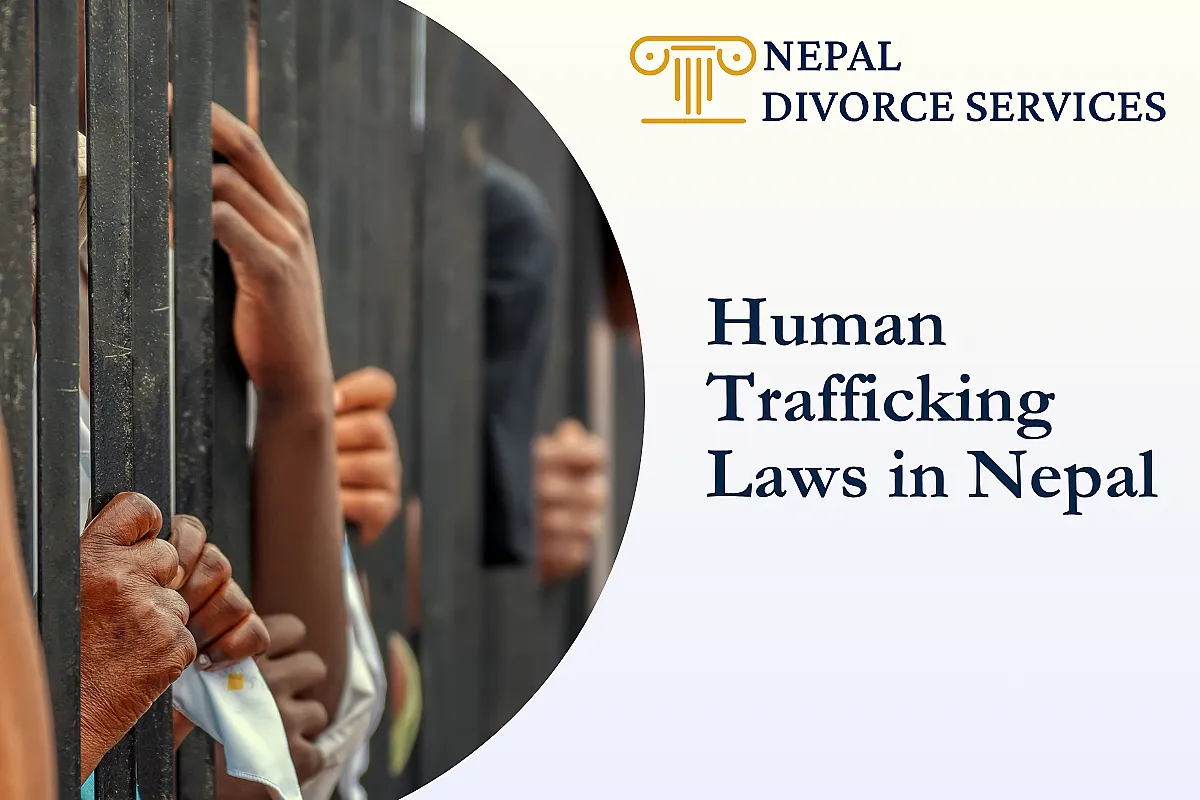Tag : Human Rights Law Firm
Nepal's legal system compare to other countries' legal systems?
These are legal systems that are based on judicial decisions rather than written statutes. They are prevalent in countries that were influenced by British rule, such as the United States, the United Kingdom, Canada, Australia, and India. Common law systems rely on the doctrine of precedent, which means that courts follow the rulings of previous cases that are similar to the current one. Common law systems are also adversarial, which means that each side presents its own evidence and arguments to persuade the judge or jury.
Human Trafficking Laws in Nepal
Human trafficking is a global issue that impacts men, women, and children in over 130 countries, including Nepal. Trafficking involves recruiting, transporting, or harboring individuals through force, deception, or coercion, often leading to exploitation in forced labor, sex trafficking, and organ removal. Nepal's Human Trafficking and Transportation (Control) Act, 2064 outlines strict penalties for traffickers, including imprisonment and fines for those involved in human trafficking, prostitution, or child exploitation. This guide provides an overview of the laws that aim to protect victims and reduce vulnerability, addressing key areas such as forced labor, sex trafficking, child labor, and organ trafficking.
Litigation in Nepal: Writ Jurisdiction
This article delves into the writ jurisdiction in Nepal, highlighting its role in protecting individual rights. It covers the five types of writs available—Habeas Corpus, Mandamus, Certiorari, Prohibition, and Quo-warranto—along with the conditions under which they can be issued. Additionally, it provides insights on how individuals can file writ petitions, including on behalf of others, and discusses the importance of these legal instruments in ensuring justice and accountability in governance.



